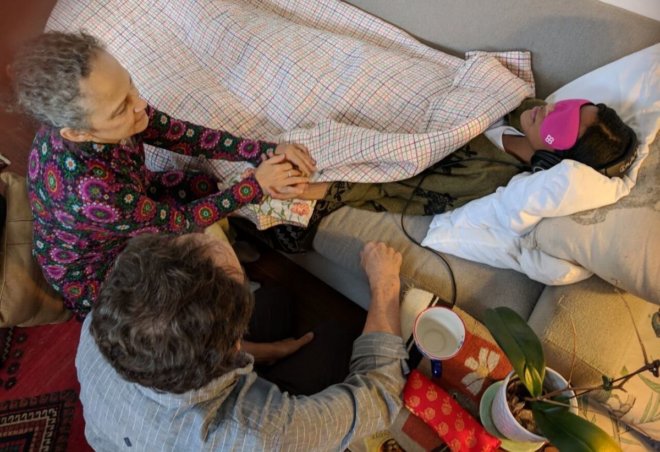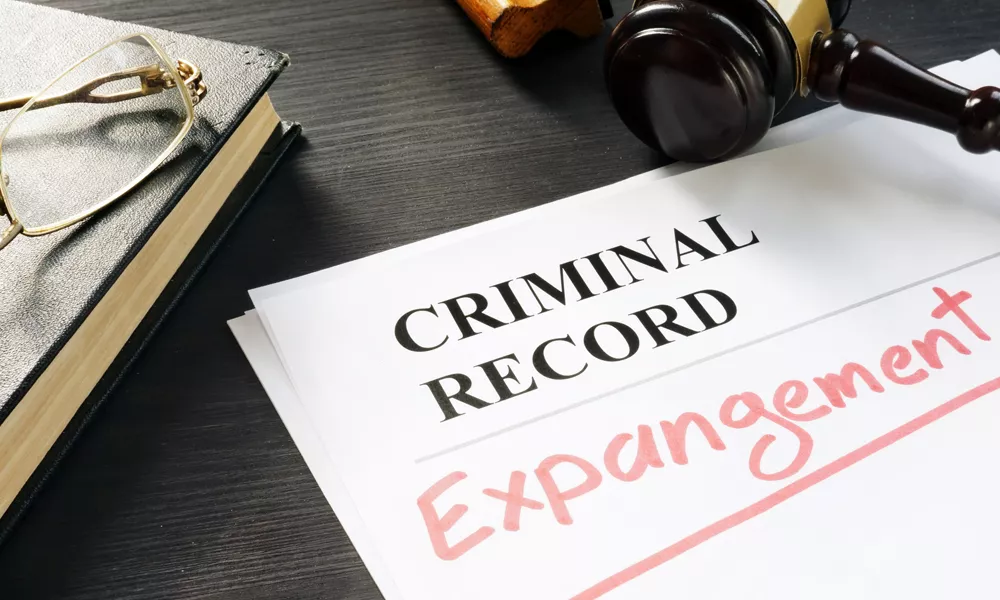Image via
Psilocybin-assisted therapy can reduce symptoms of depression for at least a full year, according to a new follow-up study recently published in the Journal of Psychopharmacology.
In 2020, researchers from the Johns Hopkins School of Medicine published a preliminary study exploring the effectiveness of psilocybin therapy on major depressive disorder (MDD). For the initial study, 27 subjects diagnosed with severe depression participated in two 5-hour sessions of therapy while under the influence of psilocybin. One month after completing these sessions, 71 percent of the participants reported a significant reduction in their symptoms.
Researchers evaluated subjects using the GRID-Hamilton Depression Rating Scale, a standard assessment tool for measuring depression. On this scale, scores of 24 or higher indicate severe depression, and scores of 7 or less indicate no depression at all. Before participating in the psilocybin sessions, the subjects scored an average rating of 23. One month after the trial, that average dropped to 8, and 54 percent of subjects were no longer diagnosed with clinical depression.
In earlier studies, Hopkins researchers discovered that a single dose of psilocybin can reduce anxiety for as long as five years. Inspired by this success, the research team conducted a follow-up study to determine if psilocybin therapy could also have a long-lasting effect on depression. Out of the original 27 subjects in the depression study, 24 completed follow-up visits at 3, 6, and 12 month intervals.
One full year after receiving the two therapy sessions, the patients’ average score on the GRID scale dropped to 7.7, indicating that most patients were experiencing few symptoms of depression. Overall, 75 percent of the subjects reported a significant reduction in their symptoms, and 58 percent no longer qualified as clinically depressed. None of the subjects reported having serious adverse side effects as a result of their therapy.
“Psilocybin not only produces significant and immediate effects, it also has a long duration, which suggests that it may be a uniquely useful new treatment for depression,” said Roland Griffiths, PhD, Professor in the Neuropsychopharmacology of Consciousness at the Johns Hopkins University School of Medicine, in a statement. “Compared to standard antidepressants, which must be taken for long stretches of time, psilocybin has the potential to enduringly relieve the symptoms of depression with one or two treatments.”
“Our findings add to evidence that, under carefully controlled conditions, this is a promising therapeutic approach that can lead to significant and durable improvements in depression,” Natalie Gukasyan, MD, assistant professor of psychiatry and behavioral sciences at the Johns Hopkins University School of Medicine, added. Gukasyan cautioned that “the results we see are in a research setting and require quite a lot of preparation and structured support from trained clinicians and therapists, and people should not attempt to try it on their own,” however.
Psilocybin is still classified as a Schedule I drug with no medical use, which makes it difficult for researchers to conduct larger research trials. Fortunately, the FDA has granted psilocybin “Breakthrough Therapy” status, allowing researchers to fast-track studies that could eventually lead to the legalization of psilocybin therapy. The DEA has even agreed to support these studies by vastly increasing the quantity of legal psilocybin that it will make available to researchers this year.
Last year, the US National Institutes of Health (NIH) awarded Hopkins nearly $4 million in grants to continue its research into how psilocybin can effectively break tobacco addiction. This unprecedented federal support has helped Hopkins Medicine and its associated Center for Psychedelic and Consciousness Research expand its research on psychedelic medicine. The school’s researchers are also exploring whether psilocybin can treat eating disorders and conducting dozens of new studies on the therapeutic potential of LSD, DMT, and other federally-prohibited entheogens.











